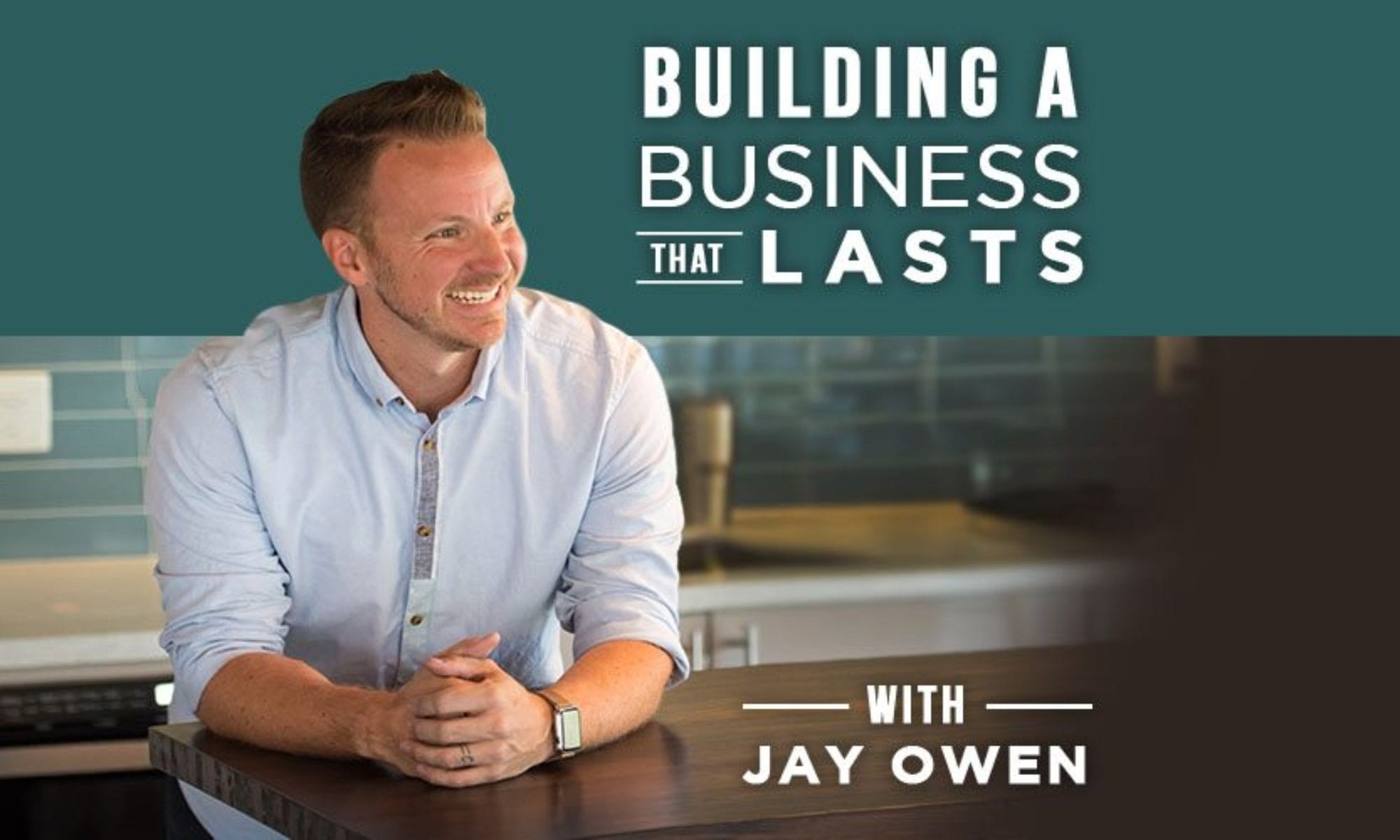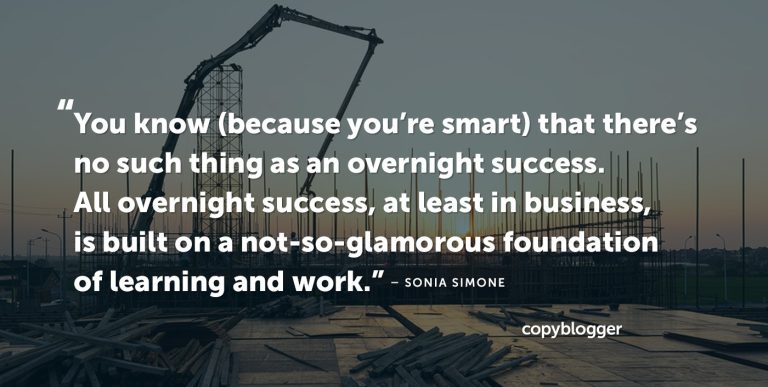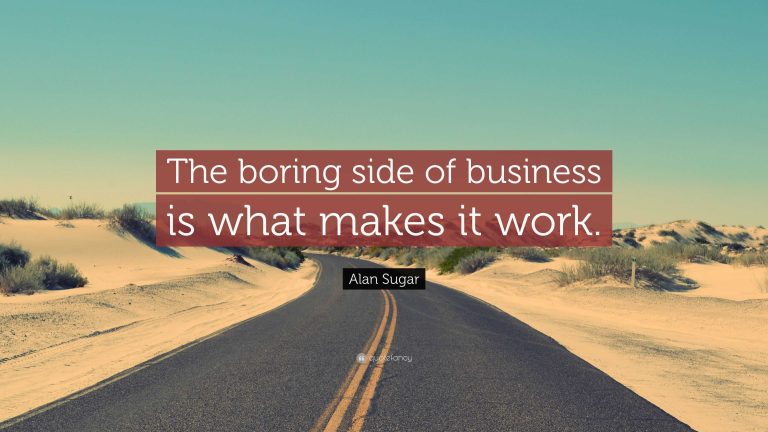The Secret to Building a Business That Lasts
Longevity in business isn’t just about surviving market cycles or weathering economic downturns—it’s about building something that remains relevant, resilient, and deeply connected to its purpose over time. While trends shift and technologies evolve, the businesses that endure are those that understand the value of consistency, adaptability, and trust. They aren’t chasing every shiny new idea or reacting impulsively to competition. Instead, they’re guided by a clear vision, a commitment to quality, and a deep respect for the people they serve.
At the heart of any lasting business is a strong sense of purpose. This isn’t just a mission statement tucked away on a website—it’s a guiding principle that informs every decision, from product development to customer service. When a company knows why it exists beyond making money, it creates a foundation that can withstand external pressures. Purpose acts as a compass, helping leaders navigate uncertainty and stay true to their values. Take Patagonia, for example. Its commitment to environmental sustainability isn’t a marketing tactic—it’s embedded in its operations, its messaging, and its culture. That clarity has earned the brand not only customer loyalty but also industry respect.
Consistency is another pillar of longevity. Customers return to businesses they trust, and trust is built through repeated positive experiences. This doesn’t mean being rigid or resistant to change—it means delivering on promises and maintaining standards even as the business evolves. A local bakery that’s been in operation for decades likely hasn’t kept the same menu year after year, but it has probably maintained the same warmth, quality, and attention to detail that made it beloved in the first place. That consistency becomes part of the brand’s identity, something customers rely on and recommend.
Adaptability, however, is what allows a business to grow and remain relevant. Markets change, technologies advance, and customer expectations shift. Businesses that last are those that embrace change without losing their essence. They listen to feedback, experiment thoughtfully, and aren’t afraid to pivot when necessary. Netflix’s transformation from DVD rentals to a global streaming powerhouse is a prime example. The company didn’t abandon its core mission of delivering entertainment—it reimagined how to do it in a way that aligned with emerging consumer habits. That willingness to evolve while staying anchored to a central purpose is what separates enduring businesses from those that fade.
Relationships also play a crucial role in building a business that lasts. Whether it’s with customers, employees, suppliers, or the broader community, strong relationships create a network of support and advocacy. Businesses that invest in people—through fair treatment, open communication, and shared success—tend to weather storms more effectively. Employees who feel valued are more likely to stay and contribute meaningfully. Customers who feel heard are more likely to return and refer others. These relationships aren’t built overnight; they’re cultivated through genuine engagement and mutual respect.
Financial discipline is another often overlooked ingredient. Flashy growth and aggressive expansion can be tempting, but they’re not always sustainable. Businesses that last understand the importance of managing resources wisely, planning for the long term, and avoiding unnecessary risk. They build reserves, reinvest strategically, and make decisions based on more than just short-term gains. This doesn’t mean avoiding ambition—it means pursuing it with a clear understanding of the financial realities and a commitment to stability.
Culture, too, is a defining factor. A healthy, values-driven culture creates alignment across the organization and fosters resilience. It shapes how decisions are made, how challenges are approached, and how success is defined. Culture isn’t something that can be imposed—it’s something that emerges from the behaviors, attitudes, and priorities of leadership and staff. When culture is strong, it becomes a source of energy and cohesion, especially during difficult times. It’s what keeps teams motivated, customers engaged, and the business grounded.
Building a business that lasts also requires patience. In a world obsessed with speed and instant results, patience can feel counterintuitive. But enduring success is rarely built in a rush. It takes time to understand your market, refine your offerings, and earn trust. It takes time to build systems, develop talent, and create meaningful impact. Businesses that embrace the long view are often more thoughtful, more deliberate, and ultimately more successful. They’re not chasing quick wins—they’re building legacies.
Ultimately, the secret to building a business that lasts lies in the balance between vision and execution, between consistency and evolution, between ambition and humility. It’s about creating something that matters, nurturing it with care, and staying committed even when the path isn’t easy. The businesses that endure aren’t just good at what they do—they’re deeply rooted in why they do it. And that sense of purpose, combined with thoughtful strategy and genuine relationships, is what makes them stand the test of time.







